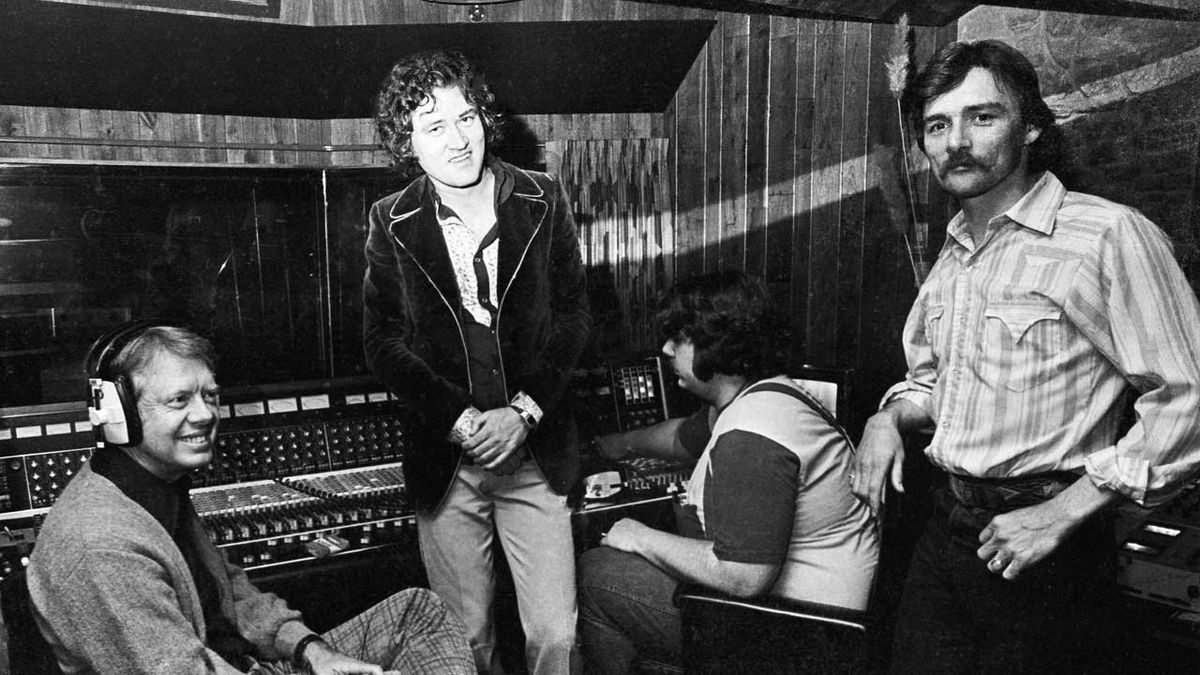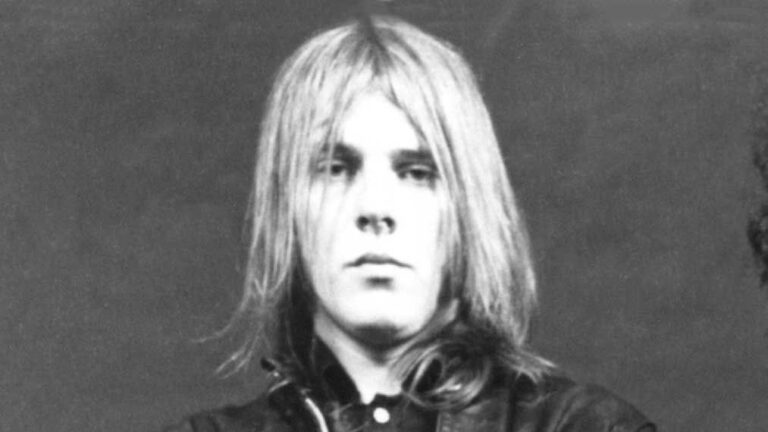Discover the Ultimate Collection: Top Capricorn Records Albums You Need to Own!
Welcome to Music Nation 365, where we bring you the latest and most intriguing stories from the world of music. Today, we delve into the fascinating history of Southern rock and how one man’s passion and vision paved the way for a whole new genre to emerge.
In the early 60s, the legendary Otis Redding played a pivotal role in shaping the future of music. He convinced his manager, Phil Walden, to leave his studies and pursue a career in soul music. This decision led Walden to work with R&B stars like Sam & Dave, Percy Sledge, and Clarence Carter, making deals with major record labels like Stax and Atlantic Records.
Tragically, Redding’s untimely death in 1967 left Walden uncertain about the future of black music. Determined to make a mark in the rock genre, Walden, with the help of industry heavyweights Jerry Wexler and Frank Fenton, founded Capricorn Records in 1969. This label would become a beacon for Southern rock bands looking to make a name for themselves.
One of the first musicians to catch Walden’s eye was Duane Allman, a talented session guitarist. Encouraged by Walden, Allman formed the iconic Allman Brothers Band, which quickly became Capricorn’s flagship act. The label also signed on acts like Marshall Tucker Band, Wet Willie, and Elvin Bishop, achieving success with gold records and chart-topping hits.
By 1974, Walden’s hard work had paid off, with an estimated net worth of $5 million. However, the good times didn’t last forever. The Allman Brothers’ breakup, lawsuits over unpaid royalties, and a failed distribution deal with Polygram led to Capricorn’s downfall in 1979. Walden’s own battles with substance abuse only compounded the label’s woes.
After a challenging period, Walden relaunched Capricorn in Nashville in 1991. With an eye for talent, he signed bands like Cake, 311, and Widespread Panic. Despite early successes and regaining rights to his back catalog from the 70s, financial troubles plagued the label once again. The merger of Polygram and Universal left Capricorn without a lifeline, leading to its closure in 2000.
Phil Walden passed away in 2006 after a courageous battle with cancer. His impact on the music industry was profound, with artists like Gregg Allman acknowledging his role in shaping their careers. Walden’s legacy lives on, a testament to his unwavering dedication to music and the artists he believed in.
At Music Nation 365, we celebrate the visionaries like Phil Walden who shaped the landscape of Southern rock and left an indelible mark on music history. Stay tuned for more captivating stories from the world of music, and remember, the spirit of rock lives on.







